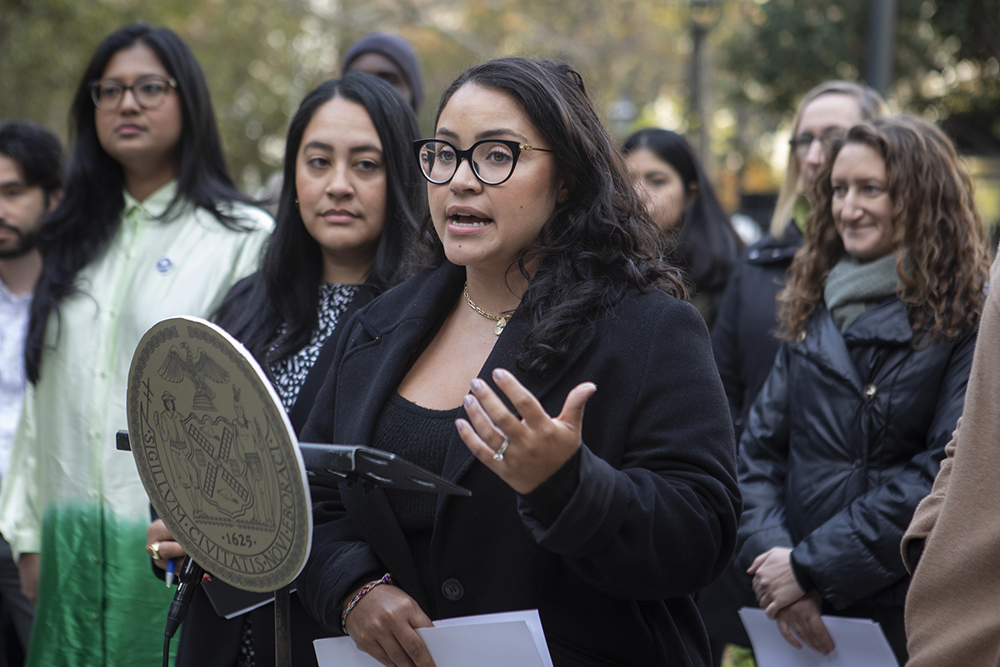|
Getting your Trinity Audio player ready...
|
By: Marty Raminoff
On Monday, at a New York City Council meeting, plans to fully encrypt NYPD transmitter radios came under fire.
As reported by Crain’s NY, local news reporters pleaded with police officials to rethink the plans to upgrade to the NYPD’s radio system , arguing that this will largely limit public access to breaking news. The plans opponents argue that for generations reporters have had access to listen in on the police departments’ public radio feeds, allowing the news outlets to communicate dangerous events or crime as soon as they occur. The new encryption, considered a safety measure, would leave reporters to rely on announcements released by law enforcement and city and state officials. The city has greenlighted a $400 million switchover plan to replace the NYPD’s 42,000 handheld radios with new digital devices, which will encrypt all communications. The new radios will be impossible to listen in on.
The switch may be complete as early as December 2024, a police official said Monday. The upgrade has already been completed early, over the summer, in a half a dozen Brooklyn precincts. Per Crain’s, local journalists say listening in on the radio communications is what has allowed them to offer breaking news, which has sometimes been critical. The chokehold death of Eric Garner in 2014 at the hands of a Staten Island police officer, is an example of something that was heard and exposed by a reporter listening in on the radio in real time. Community watch groups, which sometime increase vigilance or act to deescalate crime scenes will also lose their ability to be in-the-know.
Also, the popular Citizen app, which uses police radio to send live updates to its estimated 10 million users nationwide, will no longer be able to do so. Some elected officials and advocates have asked that exemptions be granted to give reporters access to the encrypted messages, possibly with a time delay.
At Monday’s city council hearing, Ruben Beltran, the NYPD’s chief of information technology, seemed to cast doubt on the department’s willingness to make such allowances. “We haven’t made that decision yet,” Beltran had responded the question.
Beltran, who said the NYPD is “the most transparent police force in the country,” claimed that the move is necessary to protect against bad actors who use the NYPD’s radio transmissions to work against them, and can even put officers in danger. Potential criminals use the police radio to stay informed about the whereabouts of police activity, when carrying out their offenses, Beltran said. He also noted that since 2022, there have been over 60 incidents in which “interlopers” on the department’s radio waves called in false incidents of officer injuries or have altogether jammed the vital communications. “This encryption is necessary to ensure operational safety and security,” he said.
Some City Council members continued to push back against the plans, saying that the police department has been known to sometimes take months before responding to public record requests. Per Crain’s, Brooklyn lawmaker Jennifer Gutiérrrez called Beltran’s transparency claim “comical”, and accused the NYPD of deliberately neglecting to provide press access before the radios go silent next year. “Oftentimes, it is the media that has provided that level of transparency which the PD has been unable and unwilling to do,” Gutiérrez said.




